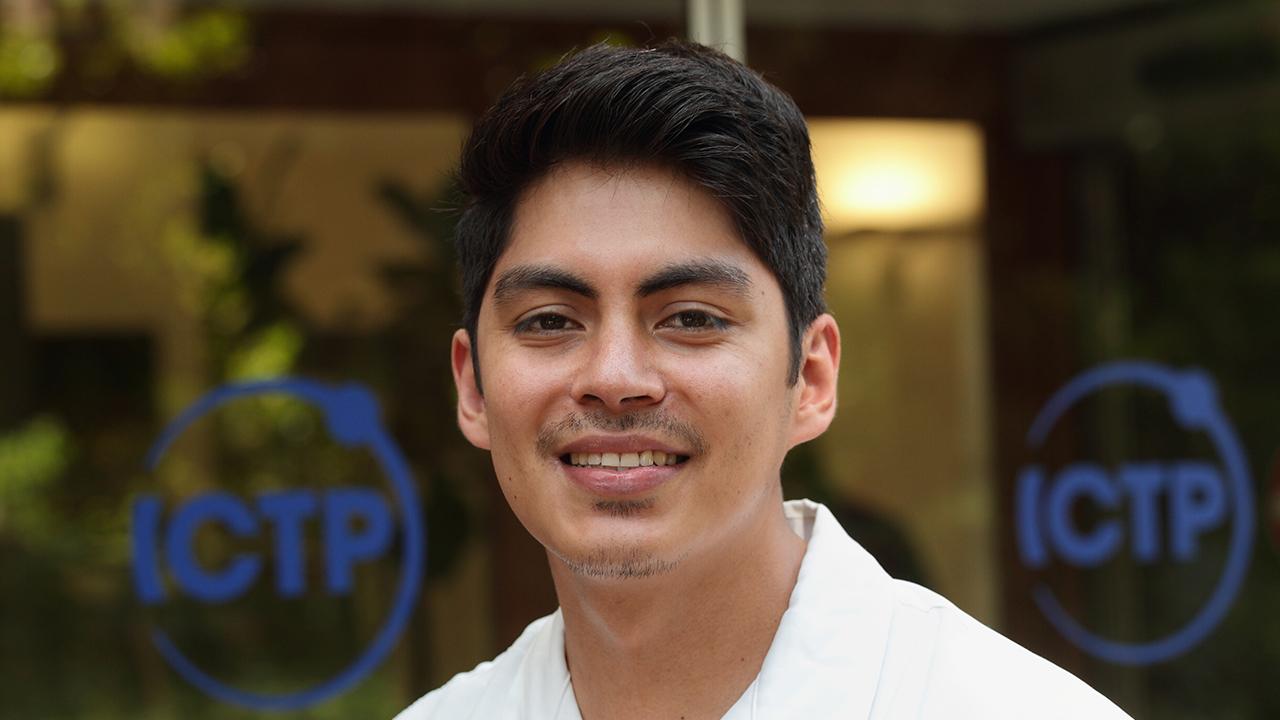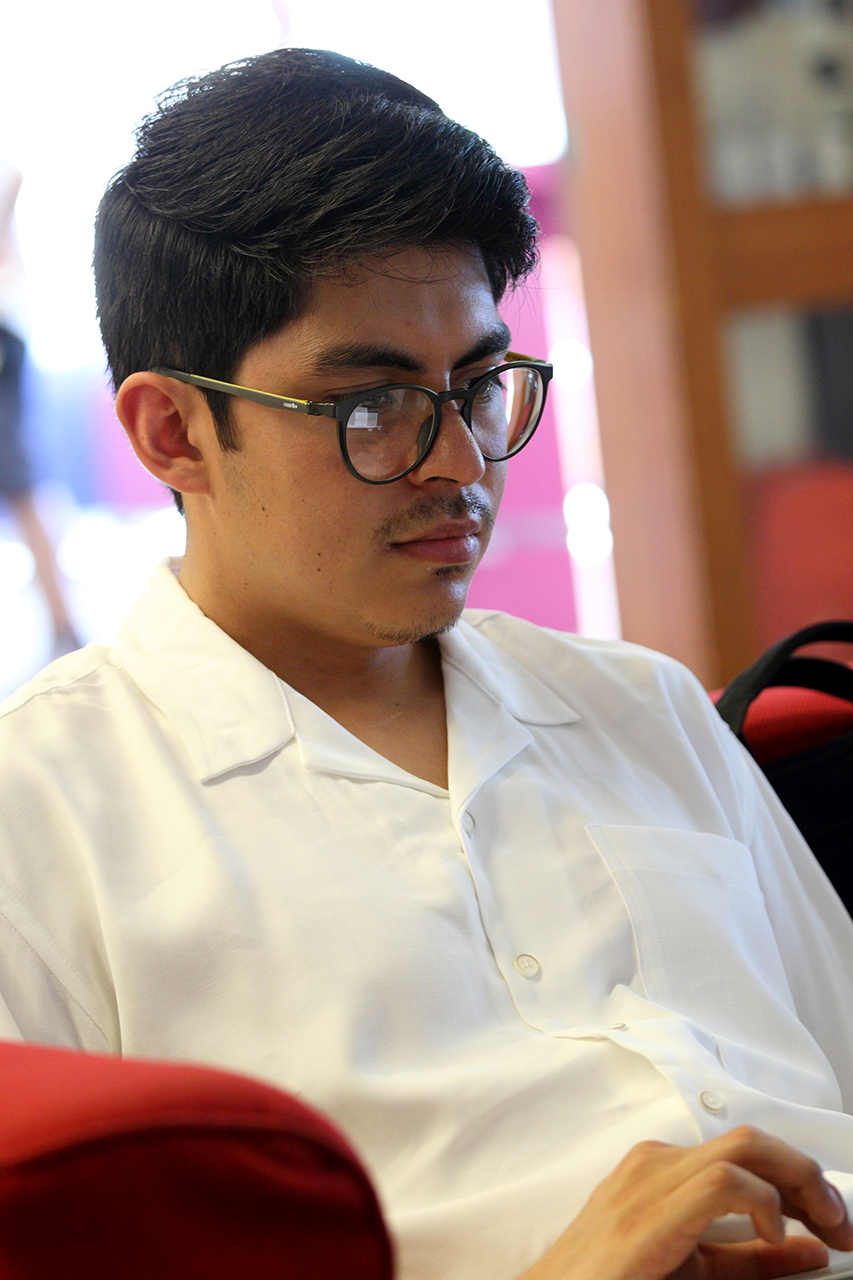
Cristopher Erazo comes from Ecuador. Growing up, he had a natural interest in science “I was the typical kid who used to open things up in order to understand how they worked,” he says. “When the time came to choose a university course, he had many doubts, and explains, “Eventually, I decided to study physics at Escuela Politécnica Nacional, in Quito, Ecuador. At the beginning I was particularly interested in solid state physics because of the broad range of physics tools one needs to know in order to address problems in this field. I knew from the start that physics was a good choice because I always enjoyed it, and this career is not something you can study halfheartedly, if you do not really like it much.”
In the last year of university, Erazo changed his attention from Solid State to Complex Systems because of one class that he attended. “This elective course was something completely new to me. It made me understand that, instead of digging into one specific topic in physics, I wanted to use the quantitative tools from mathematics and physics I knew in order to tackle problems in different areas of science, such as biology, the social sciences, economics,...” he explains.
Here professors really care about us and they do their best to make sure that we understand the concepts.
That experience sparked Erazo’s interest in quantitative life sciences, which he could develop during his year as a Diploma Student at ICTP. “I decided to pursue an advanced degree in this topic, and this is also how I arrived at ICTP, since in my home university there is only one master’s degree, and it is in general physics. One cannot specialize on a specific topic there,” he explains.

One of the aspects of the Diploma Programme that Erazo liked the most is the teaching style of the professors. “Instead of there being a sharp separation between professors delivering knowledge and students learning passively what the professors say, here there is a mutual construction of knowledge. Professors really care about us and they do their best to make sure that we understand the concepts,” he says, adding, “A good professor can make a huge difference in the life of a student.”
At ICTP, Erazo also found a collaborative and multicultural studying environment, which he particularly liked. “The fact of joining a diverse group of students and researchers from all over the world really gives you an idea of what science should be: a common sharing of knowledge. It is a mind opening experience,” he says.
It didn’t feel like being at a university class, but more like being part of a research community.
In addition to providing him with new skills and knowledge, attending the Diploma Programme has also helped Erazo better understand what he would like to do in the future. “The Programme is quite intense, but somehow it also aims to get you involved in the research lifestyle. It didn’t feel like being at a university class, but more like being part of a research community, where people meet and discuss about science. That has been very empowering for me, and it has helped me to understand that research is what I like. Now I know that one day I would like to have a job in academia,” he explains.
Next year, Erazo will start a PhD in theoretical and computational neuroscience at SISSA. That will be an opportunity to continue his work on neural networks, which he started in his final project as a Diploma student. “The main idea is to understand how a model of a neural network can help us learn more about how a real neural system works inside the brain,” he explains.
Even though he does not know whether he is going to move back to Ecuador, Erazo would like to use his experience at ICTP to inspire young people in his home country one day. “After a few years, I would like to go back to Ecuador for a period of time, not necessarily to do research, but to contribute to improving things there. I have seen the huge impact that the one-to-one relationship with professors can have, and I would like to bring some of that same teaching style back to my country,” he concludes.
















